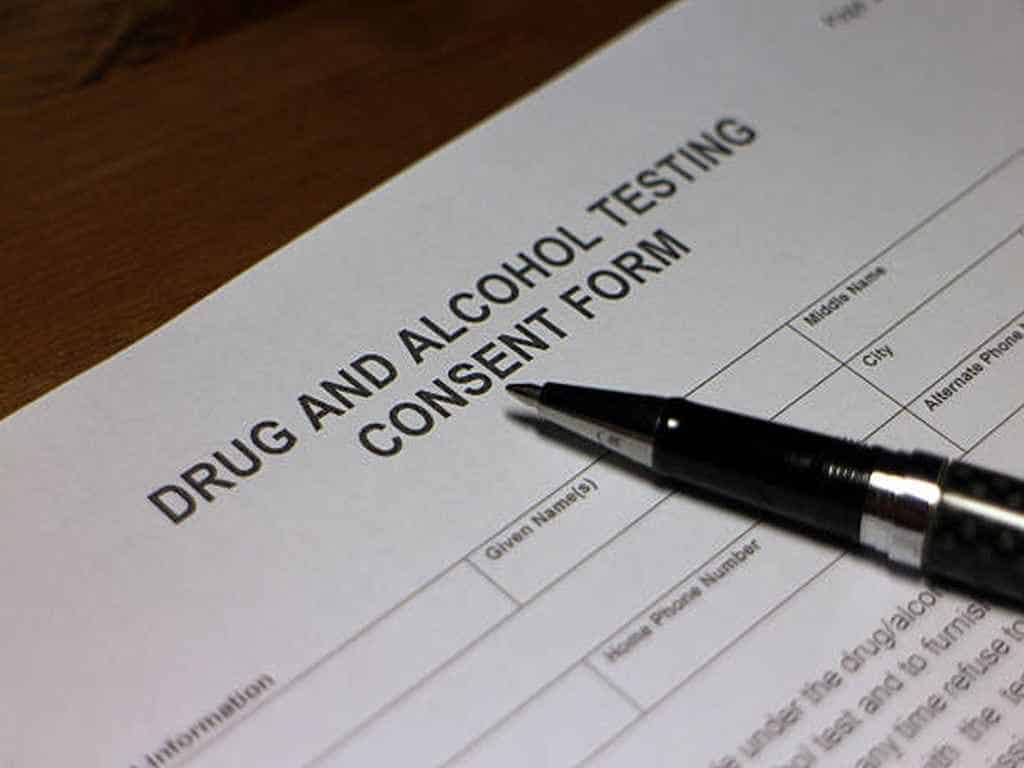
Social gatherings with alcohol consumption happen all around the world. Additionally, many people consume alcohol at least once a week. In moderate amounts, it helps relieves stress and creates mild pleasing effects. Awareness of alcohol-related harm also makes people consume responsibly. For instance, you can limit your intake with a breathalyser from Breathalysers Australia to avoid exceeding the legal limit. People often drink after work hours to lighten their heads, which is acceptable if they return to work sober the next day. However, there are some cases where employees struggle with alcohol use and would be drinking while working. These workers can endanger others due to the impairments they would have. Therefore, employers must try to prevent alcohol consumption during working hours.
Risks of Drinking while Working
Alcohol intoxication happens at the first sip. When alcohol enters the body, portions pass from the stomach and into the bloodstream. The blood carries alcohol molecules to various parts or organs, which can affect normal body functions within minutes. Thus, causing impairment and safety hazards at work. Drinking while working can impair a person’s ability to rationalise, coordinate actions, or perform tasks safely. Companies execute several strategies to minimise harm from alcohol. Businesses would suffer if the workplace remains unmonitored for a long time, because drinking while working can result in the following:
- Serious injuries or casualties – Drinking while working leads to severe impairment in vision, hearing, speech, perception, balance, and coordination. For instance, an intoxicated person operating equipment can make an error leading to an accident.
- Poor work performance – Consuming alcohol can make a person lose focus or lack concentration. This, in turn, leads to distraction and low output.
- Increased absenteeism – Employees with alcoholism tend to miss workdays more and more.
- High costs – Accidents cost employers significant amounts in healthcare or insurance costs. Additionally, costs include training of new employees due to high turnover rates.
- Legal penalties – Employers have a duty of care to provide a safe working environment. Negligence can lead to legal penalties.
- Conflicts with co-workers – Alcohol use can strain relationships with colleagues. An impaired person may start to act inappropriately or aggressively towards others. Likewise, it creates distrust and low employee morale.

Drinking while Working? The Importance of Alcohol Policy
The enormous impact of drinking while working can impede the growth or progress of any organisation. Managing employees with alcohol problems are one of the most challenging issues. As an employer, it is critical to set the limits of what is acceptable or not in the workplace. A well-defined alcohol policy guides how employees conduct themselves on the job. It is also valuable in mitigating liabilities from incidents that may arise due to alcohol use or impairments. Furthermore, a workplace program can prevent, educate and counsel the harmful use of alcohol. Finally, it is also a vital part in the overall health and safety strategies or procedures for protecting employees.
Each organisation has different alcohol rules and regulations. For example some industries would require employees to take more frequent tests with the workplace breathalysers from Breathalysers Australia. However, the employer must first get the employees’ written consent to administer tests. The signed workplace policy includes the following vital areas:
- Regulations of alcohol use – When is alcohol prohibited, and when is drinking while working allowed. Likewise, the policy should state the blood alcohol content (BAC) limit during special occasions.
- When an alcohol test is conducted – The most common reasons for alcohol screening are pre-employment, post-incident, for-cause, and return-to-duty.
- Testing Procedures – The procedures can be through breath, urine, oral fluid, hair, or blood sample collection.
- What happens when an employee returns a positive result
- Additional information includes educational or awareness programs, counselling, and further training.
Workplace Alcohol Testing
An employer can facilitate alcohol testing through a workplace policy. Additionally, workplace testing can deter drinking while working and promote healthier practices. Several procedures can test the employees’ BAC or intoxication level in the workplace. The most efficient method is using a breathalyser. A breathalyser is a portable device that determines the BAC level through the captured breath. Devices like the workplace breathalyser from Breathalysers Australia have powerful fuel cell sensors to measure the BAC accurately. Many employers opt for breath testing because it is convenient and non-invasive. Employees can take turns using a breathalyser and know their BAC results within 10 to 15 seconds.
An employee caught drinking while working is subject to a breathalyser test and other procedures. Other methods include urine, saliva, hair, or blood sampling. A blood test is the most accurate and invasive. Thus, it is suitable as a confirmatory test if the initial screening is positive. Likewise, an employer may use a hair follicle test to determine if a worker has an alcohol use disorder. A hair sample test has a longer detection window of 90 days. It can detect alcohol consumption even during periods of abstinence. Furthermore, using any of these tests can effectively reduce and prevent alcohol consumption in the workplace. As an employer, you may also conduct random tests to identify impaired employees.

Drinking While Working, What Happens Next?
Employees drinking while working may face disciplinary actions after positive BAC results. The workplace policy should cover what happens if an employee fails an alcohol test. For instance, mining or rail transport sectors implement suspension for positive results. The employees are also deemed unfit for work until they pass a new test. Moreover, subsequent policy breaches may cause dismissal following strict procedures. On the other hand, an assistance program can help affected employees who want to recover from alcohol use disorder. The employer may refer the worker to a rehabilitation facility for treatment. The employee can use a personal breathalyser to send regular BAC updates during the treatment. Breathalysers Australia offers the BACtrack Mobile Pro Gen2, suitable for remote alcohol monitoring. Lastly, these monitoring tests can help the employee reestablish trust among family, employer, and colleagues.
BACtrack Breathalysers: Safety In and Outside Work
Alcohol consumption at any level poses safety risks. A high BAC level affects the ability to function normally or safely. Therefore, drinking while working or driving is discouraged. The BACtrack breathalysers are cost-effective devices that can help companies maintain a safe working space. Moreover, using a workplace breathalyser can help improve productivity and boost employee morale. Employees perform better when they are in a safe and healthy area. You can also use a breathalyser as a BAC monitoring tool every time you consume alcohol after working hours. As a result, this method can minimises road accidents and prevent drink driving charges. Moreover, employees can ensure that they can maintain a safe BAC for work the next day. Breathalysers Australia has a wide range of BACtrack breathalysers, suiting many types and needs. Lastly, you can get the pro-grade BACtrack breathalysers for personal use to remain safe wherever you are.






























